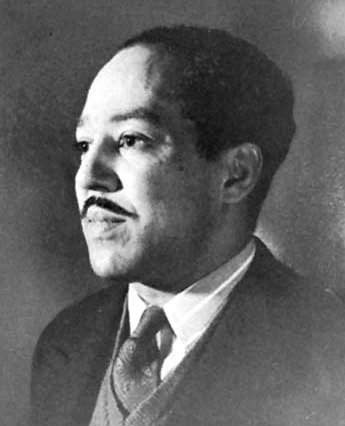Introduction
The Union victory in the Civil War and the Civil War amendments to the Constitution permanently ended slavery in the United States. But the vindication of the idea of human equality and the achievement of civil rights for all Americans remained an unrealized goal for more than the next hundred years. In the face of state-sponsored racial segregation and discrimination, the denial of the franchise, and brutal violence against Negro citizens, especially in the South, it was difficult to preserve hope that the American dream was more than a mirage. This poem (written in 1943) by American poet, playwright, and novelist Langston Hughes (1902–67) speaks directly to this problem.
What is the dream that is “first in the heart,” and later becomes “a community dream . . . our dream”? Why does Hughes emphasize the work of the plow? What, according to the poem, is the connection between labor and freedom? Why does Hughes quote the Declaration of Independence, and refer to the words of Jefferson, Lincoln, and Douglass? Hughes calls for national—or is it universal human?—unity and harmony: “FREEDOM! BROTHERHOOD! DEMOCRACY!” How are these goals—and in particular, BROTHERHOOD—related to the individual rights spoken of in the Declaration of Independence? What would it mean for “all races and all people” to know the shade of the freedom tree? (Is freedom like shade?) What is the meaning of the poem’s title—and what is “freedom’s plow”? Why, and in what spirit, does Hughes invoke the old gospel song, “Keep Your Hand on the Plow! Hold On!”?


 (3 votes, average: 4.67 out of 5)
(3 votes, average: 4.67 out of 5)
Post a Comment